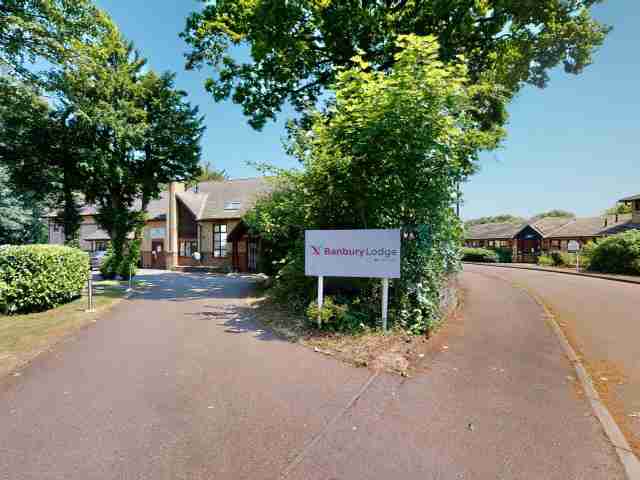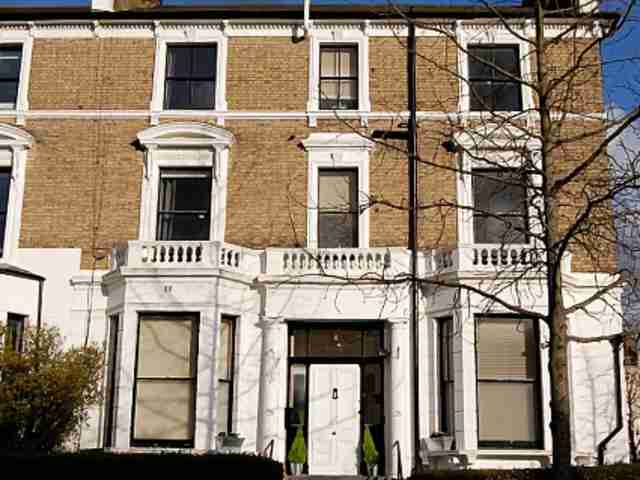More About Eating Disorder Treatment Centers
Eating disorders are characterized by abnormal eating habits and thoughts related to food, weight, and body image. These disorders often involve a preoccupation with food, body weight, and shape and can have serious physical and emotional consequences.
There are several types of eating disorders, including:
- Anorexia nervosa: People with anorexia nervosa have an intense fear of gaining weight and a distorted body image. They severely restrict their food intake, leading to significant weight loss and malnutrition. They may also excessively exercise and have a fixation with calorie counting.
- Bulimia nervosa: Bulimia nervosa involves recurrent episodes of binge eating, consuming a large amount of food in a short period of time, followed by compensatory behaviors to prevent weight gain. These behaviors can include self-induced vomiting, misuse of laxatives or diuretics, fasting, or excessive exercise.
- Binge eating disorder: Binge eating disorder includes recurring episodes of eating large quantities of food in a short period and a loss of control over eating. Unlike bulimia, there are no regular compensatory behaviors, leading to weight gain and related health problems.
- Other specified feeding or eating disorders (OSFED): This includes eating disorders that do not fully meet the criteria for anorexia, bulimia, or binge eating disorder but still involve significant disturbances in eating patterns and attitudes toward food and body image.
Eating disorders can have severe physical and psychological effects, including malnutrition, electrolyte imbalances, gastrointestinal problems, cardiovascular complications, poor mental health, and social isolation.
Warning Signs of Eating Disorders
The warning signs of eating disorders can vary, but common ones include an obsession with food, calories, and dieting and a distorted body image. More warning signs include:
- Significant weight loss or fluctuations: Rapid and unexplained weight loss or frequent changes in weight can signify an eating disorder.
- Restrictive eating patterns: People with eating disorders might avoid certain food groups or restrict overall food intake. They may follow strict food rules, eliminate entire food groups, or drastically limit portion sizes.
- Excessive exercising: Engaging in compulsive or excessive exercise routines is a warning sign. Someone may feel compelled to burn off calories they have consumed.
- Self-induced vomiting or purging behaviors: Frequent trips to the bathroom after meals, signs of vomiting (such as swollen cheeks or frequent mouth rinsing), or using laxatives or diuretics can indicate an eating disorder.
- Social withdrawal and avoidance of social situations involving food: People with eating disorders may avoid social gatherings centreed around food, make excuses to skip meals, or eat alone.
- Physical signs: Physical symptoms can include dizziness, fatigue, fainting, feeling cold, dry skin, thinning hair, brittle nails, and changes in menstrual cycles for women.
- Emotional and behavioral changes: They can have mood swings, higher irritability, depression, anxiety, perfectionism, and a heightened need for control.
Not everyone with an eating disorder will display all these signs, and symptoms can vary in severity. If you think that you or a loved one may have an eating disorder, it’s crucial to seek professional help for a proper diagnosis and appropriate treatment.
How to Help Someone with an Eating Disorder
If you know someone struggling with an eating disorder, encourage them to seek treatment from licensed professionals. You can help them find appropriate treatment options, make appointments, or accompany them to appointments if they’d like.
As you support this person in their recovery, you can practice compassion, empathy, and understanding. Let them know that you are there to support them throughout their recovery journey. Be mindful of your language and actions around food, weight, and body image. You can help them focus on living a healthy and balanced lifestyle by offering to make positive diet and exercise changes with them, so they won't feel alone in their recovery journey.
While you can offer support, ultimately, recovery is the person’s responsibility. Encourage them to seek professional help, as eating disorders often require specialized treatment. You might participate in family therapy to be actively involved in the treatment process.
If someone you know is in crisis, call 911 or head to the nearest emergency room.
Eating Disorder Treatment
Eating disorder treatment typically involves a multidisciplinary approach addressing physical, psychological, and nutritional needs. Professional care monitors and stabilizes your health, which can be necessary for eating disorder recovery. Your treatment plan will likely combine evidence-based therapies, nutritional counseling, and holistic activities.
Talk therapy addresses the underlying thought patterns contributing to your eating disorder. Cognitive behavioral therapy (CBT) is often used to identify and modify unhealthy thoughts and behaviors related to food, weight, and body image. Other types of therapy, such as dialectical behavior therapy (DBT) or interpersonal psychotherapy (IPT), can also improve emotional regulation, relationship difficulties, and underlying trauma or co-occurring mental health conditions.
It is crucial to work with a registered dietitian or nutritionist. They can establish balanced eating patterns, develop meal plans, and educate you through nutrition counseling. They help you build a healthy relationship with food and provide guidance on portion sizes, food groups, and overall dietary needs.
Medication may be prescribed to manage co-occurring mental health conditions such as depression, anxiety, or obsessive-compulsive disorder. Medications are most effective when combined with therapy and medical care.
Steps You Can Take to Recover
So, you have acknowledged that you are struggling with an eating disorder and need professional help. What are the next steps to heal?
Step 1: Reach Out to a Healthcare Professional
Consult a healthcare professional specializing in eating disorders, such as a therapist, psychiatrist, or registered dietitian. You may first talk to your primary care physician for a specialist referral. Consider asking questions such as:
- Do I have any co-occurring disorders that also need to be addressed? If so, what treatment do you recommend?
- Will I work with a registered dietitian or nutritionist?
- Will I need to take medication? If so, how do I manage that with a professional?
- How long does treatment normally last?
- Should my family be involved in my treatment, and if so, how?
- Is there ongoing support available for long-term recovery?
Step 2: Schedule an Assessment
Schedule an initial assessment or intake appointment with the healthcare professional you have chosen. During this assessment, they will evaluate your condition, discuss your symptoms, medical history, and determine the required level of care.
Step 3: Determine the Level of Care
Based on your assessment, the healthcare professionals will recommend the appropriate level of care for your specific needs. Some people with eating disorders may need a more intensive level of care to help monitor and manage their symptoms. When talking to your doctor, you can figure out which level of care best fits your needs:
- Outpatient (OP): You’ll meet 1-2x per week with your provider and others in treatment.
- Intensive outpatient (IOP): You’ll meet 3-5x per week for several hours at a time for more intensive care.
- Partial hospitalization (PHP): You’ll meet 5-7 times a week for a full day.
- Residential: You’ll live in a rehab for 28+ days and engage in treatment with a comprehensive staff and a community of peers.
- Inpatient: You’ll live in a treatment centre or hospital-like setting and have 24/7 monitoring.
For people with severe or life-threatening eating disorders, a residential treatment program may be necessary. These programs provide a structured environment with 24-hour medical and therapeutic support, ensuring intensive care and monitoring. Step 4: Verify Insurance Coverage Check your health insurance coverage to understand your coverage for eating disorder treatment. Contact your insurance provider to determine which treatment services and providers your plan covers. This will help you make informed decisions regarding treatment options and associated costs.
Step 5: Research and Ask Questions
Research rehabs or professionals specializing in eating disorder treatment. Then, contact the centres or professionals you are interested in and gather more information. Ask questions regarding their
- Treatment philosophy
- Approaches
- Staff qualifications
- Therapy modalities
- Average length of stay
- Any other concerns you may have
Step 6: Move Forward with Treatment and Recovery
Commit yourself fully to the treatment process. Engage actively in therapy sessions, follow the treatment plan, participate in group sessions or support groups, and establish open communication with your care team. You can develop healthy coping mechanisms, address underlying issues, and establish a positive relationship with food and your body.













































